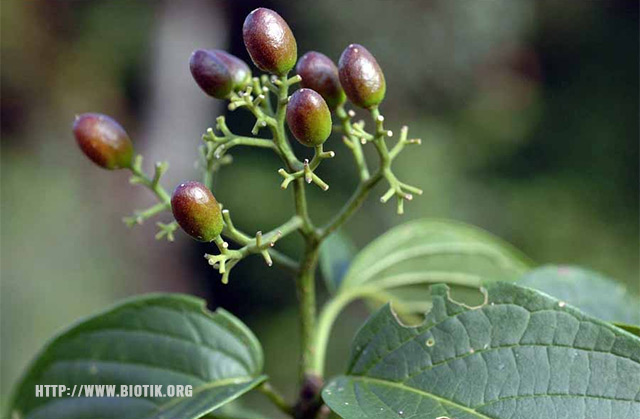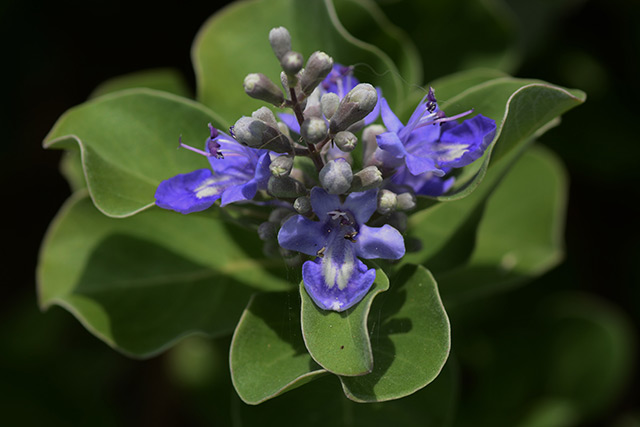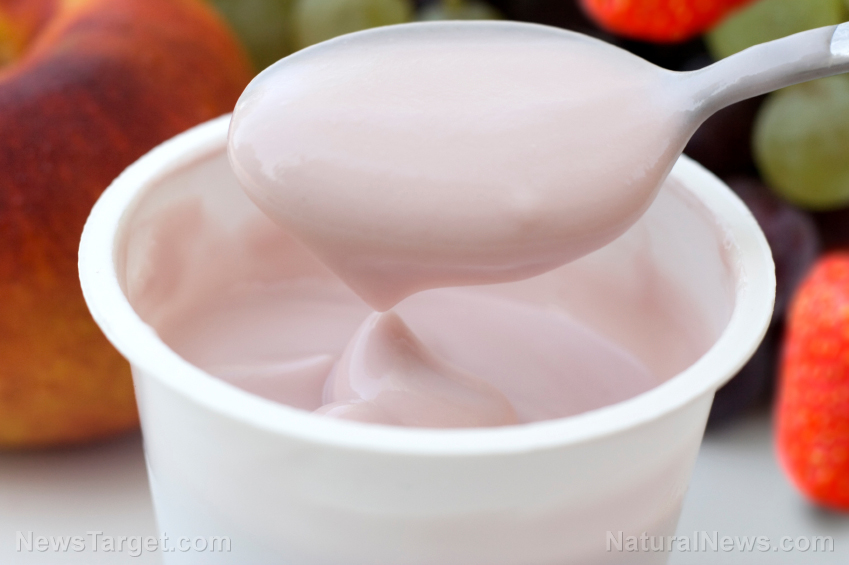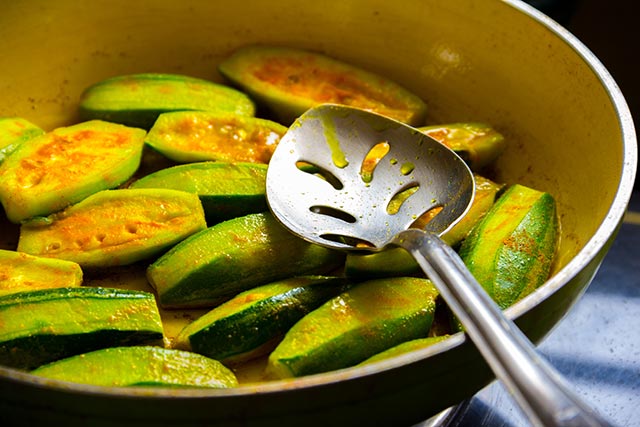A compound in pomegranates can trigger cancer cell death
05/10/2019 / By Michelle Simmons

The interest in fruits rich in polyphenols has recently increased due to their cancer-fighting potential. In a study published in the journal Nutrition Research, a team of researchers from China found that a compound in pomegranates called punicalagin can fight against cancer by triggering cancer cell death.
A previous study carried out by the same researchers revealed that punicalagin induces autophagic cell death in papillary thyroid carcinoma cells. For the current study, the research team hypothesized that punicalagin triggers DNA damage associated with cell death because DNA damage was previously reported as an inducer of autophagy. Autophagy can encourage tumor suppression during cancer initiation and protect tumors during progression.
The results of the study revealed that treatment with punicalagin resulted in the upregulation of the phosphorylation of ataxia-telangiectasia mutated gene-encoded protein (ATM). The researchers also found that KU-55933, an ATM inhibitor, prevented its phosphorylation induced by punicalagin and reversed the reduced cell viability caused by it.
From these findings, the research team concluded that punicalagin causes cell death of papillary thyroid carcinoma cells by triggering ATM-mediated DNA damage response. The results of the study provide novel mechanisms and potential targets for a better understanding of the anticancer actions of punicalagin.
More on pomegranate’s anti-cancer potential
Pomegranate is considered as a cancer-killing food. Two other studies have examined the effects of a pomegranate extract on cancer stem cells.
In the first study, which was published in the journal Food and Chemical Toxicology, researchers explored how colon metabolites of polyphenols from pomegranate interact with and affect colon cancer stem cells. In particular, they looked at the effects against colon cancer stem cells of two mixtures of ellagitannin metabolites, ellagic acid, and the gut microbiota-derived urolithins on colon cancer stem cells at concentrations detected in the human colon tissues after the consumption of ellagitannin-containing products, such as pomegranate and walnuts.
The researchers found that these mixtures suppressed colon cancer stem cells obtained from the primary tumor of a patient with colorectal cancer. These mixtures changed the phenotypic and molecular characteristics of colonospheres in line with cancer suppression. Colonosphers are the cancer stem cell-based micro-colonies of cells that can become invasive and deadly cancers over time. According to the researchers, these findings support a role for polyphenols metabolites in the colon cancer chemoresistance and relapse.
The other study, which was published in the journal Nutrition and Cancer, looked at the ability of pomegranate extract to change the features of both individual breast cancer stem cells and clumps of them called mammospheres.
In this study, the researchers found that the pomegranate extract suppressed the formation of mammosphere in two different cell lines: neoplastic mammary epithelial HMLER and breast cancer Hs578T. Moreover, they discovered that mammosphere-derived cells from pomegranate extract treatment groups exhibited decreased mammosphere formation for at least two serial passages. In addition, they found that pomegranate extract showed chemopreventive effects against breast cancer cells. With these findings, the researchers concluded that pomegranate extract could be used in the prevention of breast cancer due to its ability to suppress cancer stem cells.
Other health benefits of pomegranate
Aside from punicalagin, pomegranate contains a variety of beneficial plant compounds, making it one of the healthiest fruits in the world. This fruit also fiber, protein, vitamin C, vitamin K, folate, and potassium.
In addition to protecting against cancers, studies have shown that pomegranate can also fight inflammation, lower blood pressure, fight arthritis and reduce joint pain, fight bacterial and fungal infections, improve memory, boost endurance and sports performance, and lower your risk of heart disease. (Related: Study: Pomegranate Found Better Than Lipitor Drug For Managing Cholesterol Level.)
You can obtain the many health benefits of pomegranate by directly eating the arils, which are the edible seeds of the fruit, or by drinking its juice.
Learn more about other potential natural agents that can help fight cancer by visiting AntiCancer.news.
Sources include:
Tagged Under: anticancer, cancer cures, food is medicine, foodcures, natural cures, natural medicine, Pomegranates, prevention, punicalagin, research


















